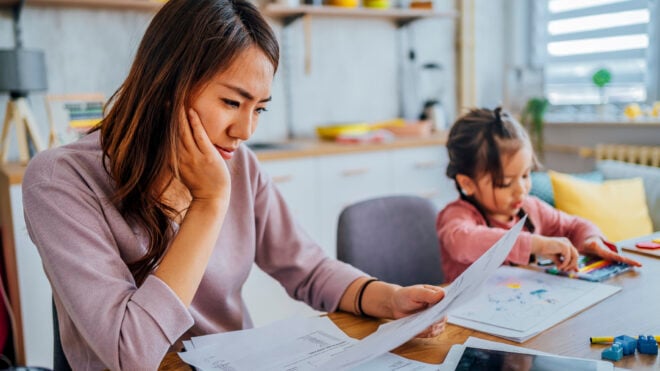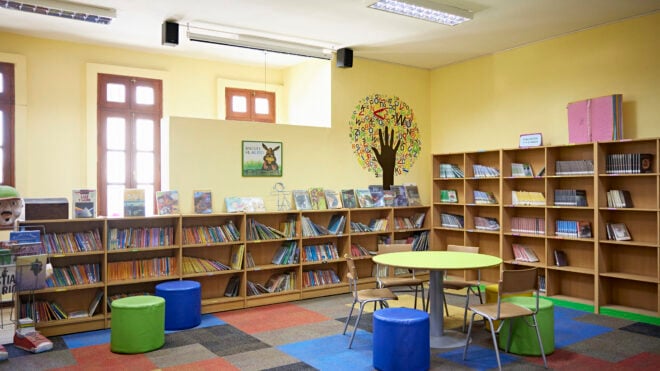
In this article
The buzziest wellness product around today has got to be CBD. By now, everyone’s heard about CBD (and some of you may have already tried it). It’s marketed as a cure-all for just about anything, and beyond its most common form as an edible oil, it’s added to items as wildly diverse as CBD face cream, CBD massage oil, and CBD candles.
Despite all the hype, many of us have no real knowledge about CBD and what CBD is used for. Read on to learn more and discover guidelines about CBD’s use.
What is CBD used for?

What exactly is CBD?
CBD stands for Cannabidiol, a chemical derived from hemp or cannabis plants; however, CBD has no psychoactive effects and will not make you feel “stoned,” unlike THC, another component of cannabis. CBD is considered safe and non-addictive, according to the World Health Organization. Since 2018, when CBD derived from hemp was legalized by the federal government, its popularity has grown in the United States. Over 33% percent of Americans have used CBD, and its usage grows yearly.
Is CBD legal? Yes and no. Since each state has different regulations regarding CBD, its best to check the laws in your state.
How does CBD work?
Research has shown that CBD interacts with neurotransmitters that regulate pain, mood, and wellness, and that it has anti-inflammatory properties. However, its precise mechanisms are not fully understood at this time.
What does CBD do?
If you believe the hype, CBD is a panacea for just about all that ails you, from hair loss to acne. But absolute proof is still on the way.
“Research on the benefits and action of CBD in topical formulations as well as ingestible forms is ongoing,” Manisha Singal, MD, the founder of Aethera Beauty told The Checkup. “That experimentation is in its preliminary stages and there is a long way to go. The medical potential for CBD and other cannabinoids is undeniable, but medical research takes time and careful analysis.”
CBD has shown definite promise for the treatment of pain, drug withdrawal, epilepsy, Alzheimer’s disease, cancer, anxiety disorders, diabetes, and acne. CBD is most used by consumers for pain relief (64%), anxiety (49%), and insomnia (42%).
CBD benefits: How can it help parents?

To put it simply, parenthood can stress you out. And on top of the usual parenting difficulties, we’ve all had a rough year dealing with pandemic-related crises like lockdowns, online schooling, and the overall upheaval of our normal lives. No wonder some parents — even Kim Kardashian – are using CBD to help them cope with stress and anxiety.
38-year-old Ohio mother-of-two Jo Highland told MarketWatch that CBD helps her manage parenting stress. “I have a husband who has a high-demand job with long hours and travel, so I am the one taking the kids to and from school, to gymnastics, to swimming… On a day I know it’s going to be high stress, I say, ‘Let me grab a [CBD-infused] seltzer.’” And unlike anti-anxiety medicine, Highland said CBD “doesn’t impair my ability to take care of my kids” but still “makes me feel really calm and takes my anxiety from a 10 to a 4.”
Unlike doctor-prescribed anti-anxiety medications, CBD needs no prescription and it’s easy to find. It can be purchased in drugstores, health food and wellness stores, online, and at legal cannabis dispensaries in certain states. CBD comes in different strengths and applications, in products that range from CBD oil to oil-filled capsules to gummies to sparkling water.
Aside from the way to take it, there are different types of CBD available. Full-spectrum CBD includes small amounts of THC, terpenes, and other cannabinoids that work together to enhance CBD’s benefits in what’s known as the “entourage effect.” Broad-spectrum CBD contains other cannabinoids except THC. CBD isolate is pure CBD.
The best way to start using CBD is to experiment with format and dosage until you discover what feels right for you. All this comes with the usual caveat, however. It’s a good thing to check with your doctor before you take your first sip of CBD tea.
CBD and pregnancy: Is it safe?

The possible negative effects of THC on the fetus and newborns are well documented by the FDA. On the other hand, scientists and doctors know little about the effects of CBD on pregnancy and breast-feeding because there hasn’t been much research on the subject. The FDA, which is in the midst of studying the effects of CBD use, strongly advises against the use of cannabidiol (CBD), tetrahydrocannabinol (THC), and marijuana in any form during pregnancy or while breastfeeding.




